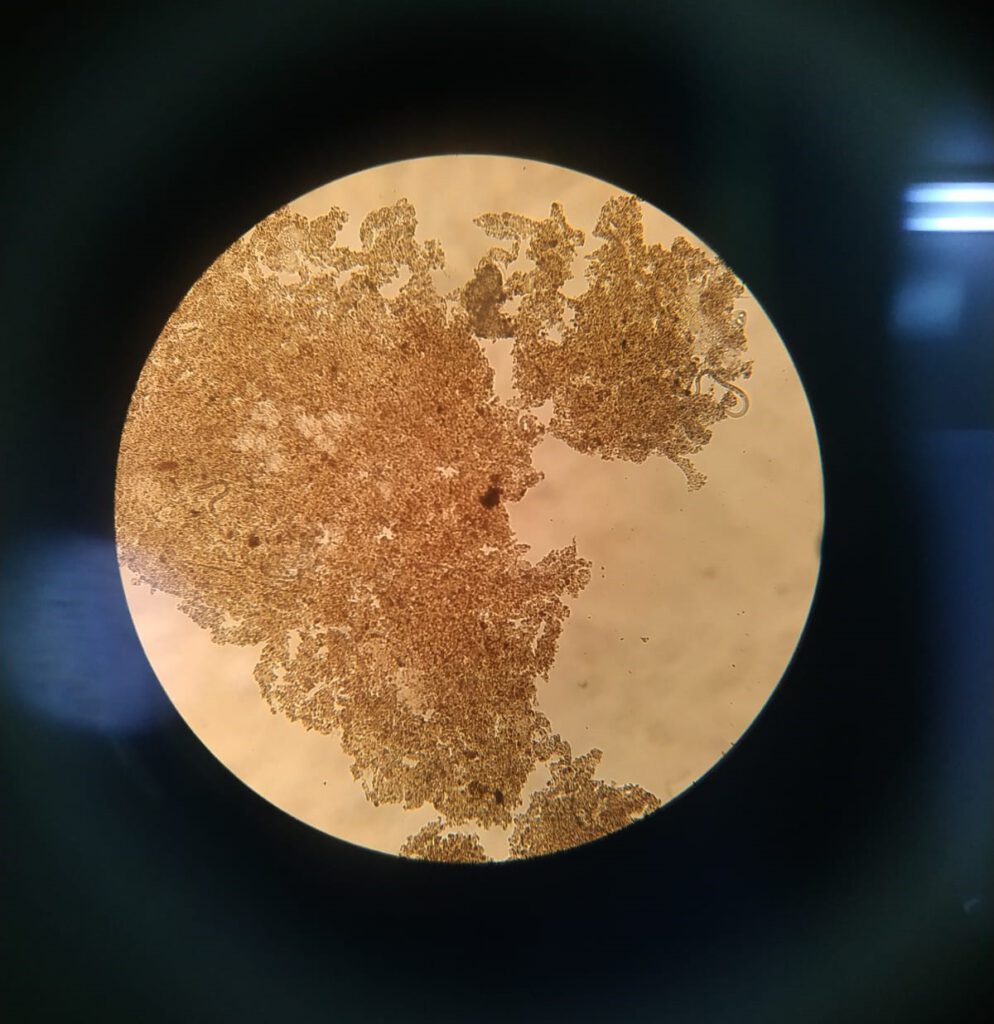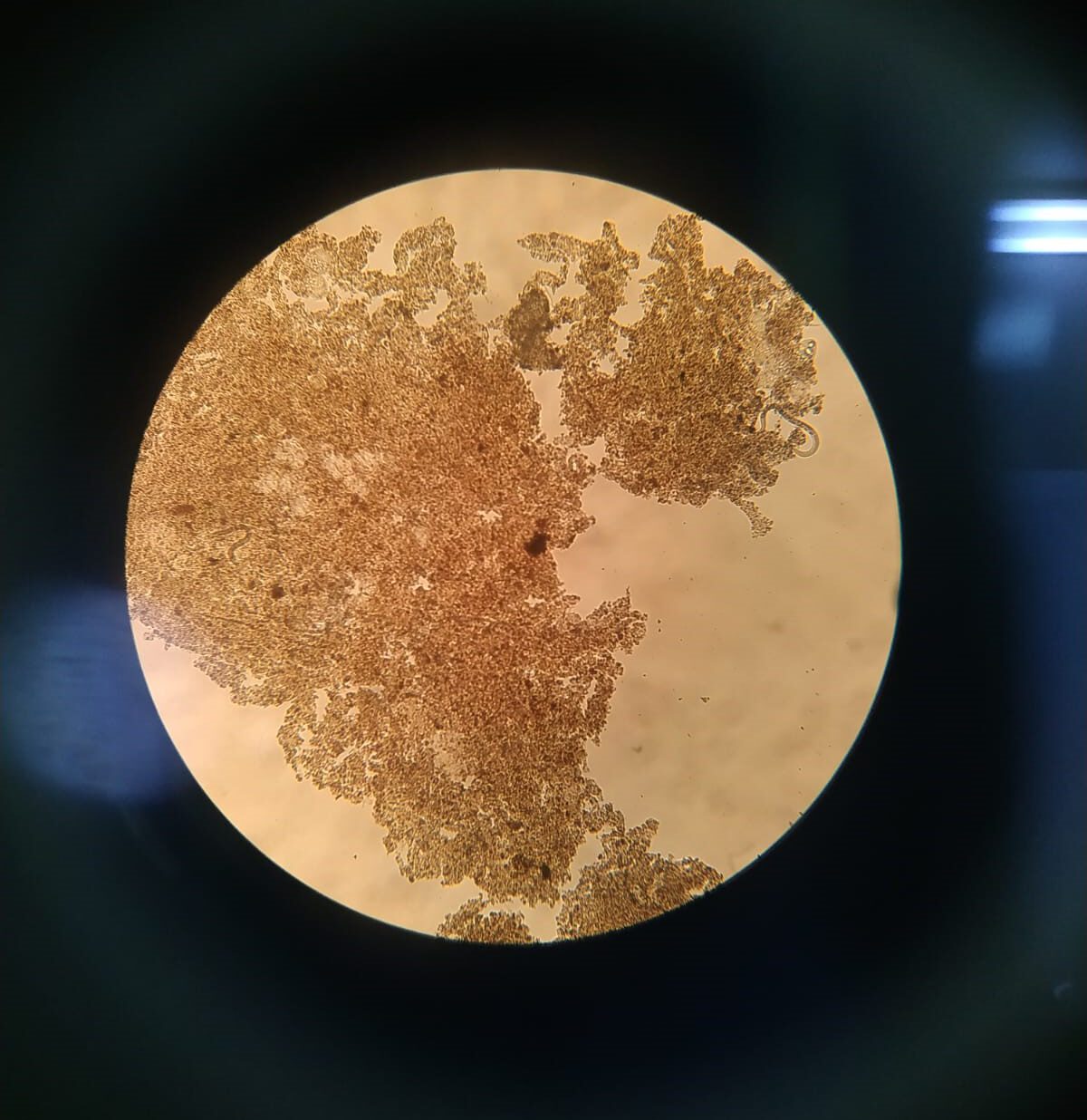Removal of Micro-Pollutants from Hospital Wastewater
Adi Zilberman, BMI Fellow
Academic Advisors: Prof. Dror Avisar, Prof. Hadas Mamane and Yaal Lester, Environmental Engineering, Azrieli College, Jerusalem

Hospital wastewater are one of the point sources of various micro-organic persistent and toxic contaminants, secreted by the hospitalized patients. Treated wastewater (effluent) become an alternative water resource under the global water scarcity problem. In Israel, about 85% of the effluent water are allocated for agricultural irrigation and the rest goes into the sea or rivers and even for insertion into aquifers. Pharmaceutical residues are part of a group of persistent and toxic micro-organic contaminants that flows into the water-treatment plants from hospitals, industry, agriculture and domestic sector. These contaminants are resistant to conventional biological treatment used as a secondary treatment. As a result, those contaminants can still be found in the effluent that runs into rivers, and used in agriculture. In this study, we treat the pharmaceutical residues in the source, In that way, we decrease their concentration in the effluent and by that contribute to food security and environmental sustainability.

